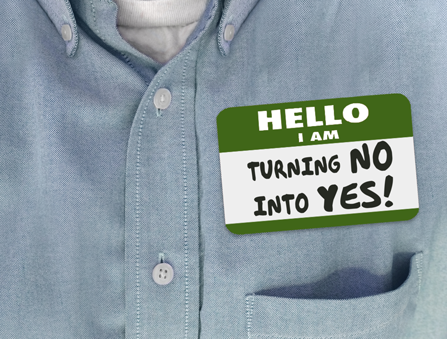The Power of Intervention:
You Can Convince an Addict to Get Help
When we witness the crippling aspects of drug and alcohol addiction, they are so serious, so impacting, and so depressing, we feel it is very easy to fall into the concept that one cannot do anything to create a positive change in a person who struggles with a drug habit.
This feeling is all too easy to fall into. Drug abuse seems hopeless. Alcoholism seems unshakable. When someone has to watch a family member or a loved one struggle with a drug habit or a drinking habit that seems so unshakable, this comes across as more than a little bit depressing. One often feels at a loss, useless, ineffective, helpless in their efforts to do much of anything about their loved one’s miserable addiction crisis.
The good news, the silver lining, probably the only good news ever to appear in the morass that is watching a loved one suffer from drug abuse and alcoholism is that you can do something about it.
Intervention—The Tool for Convincing an Addict to Get Help

The power of intervention should not be so easily discounted. The definition of intervention means, literally:
“To come between two things, to set something in between two other particles to prevent those objects, energies, or currents from meeting.”
An intervention, as it is referred to in the drug and alcohol addiction sense, means for the family members and loved ones of an addict to literally come between an addict and his or her habit. Through intervention, an addict’s closest loved ones essentially sits with the addict and works with him, talks with him, expresses their concerns for him, and even calmly and coolly tells him what they will do if he does not get help.
An intervention uses a group effort and the shared love that the group has for the addict to convince the addict just how bad their addiction has gotten, the life threat it has now created, and the effect it has on each family member or loved one too. An intervention lays everything out on the table, convincing the addict it is time to stop using drugs and alcohol, and that it is time to go to rehab.
Mental Addiction Crisis Post-Rehab
There is a manifestation in which people experience a resurgence of the mental and psychological implications of drug abuse by relapsing back onto drug use after achieving a period of sobriety. This is the phenomena of relapse, and it should absolutely be avoided. Even years after achieving sobriety, recovering addicts still must be cautious, they must tread carefully, taking care to live a life of health and happiness and a commitment to sobriety.

This is why the family members and loved ones of recovering drug addicts should always be watchful and mindful of their loved one. In some ways, an intervention process is never really over, as a recovering addict’s support group must always keep an eye on them and offer help, support, friendship, companionship, a shoulder to cry on, etc. should it be necessary.
When recovering addicts let up, when they allow themselves to slip back into old habits, old environments, old ways of doing things, and old friendships, they walk on thin ice, and they take steps towards a mental acceptance of substance abuse into their lives once again. If a recovering addict relapses after a period of sobriety, it will be because of their mental and psychological connection to substances, not the physical connection. This is why support and ongoing assistance from the family, even in the form of a subtle, underlayment of intervention, is so crucial.
Sources:


